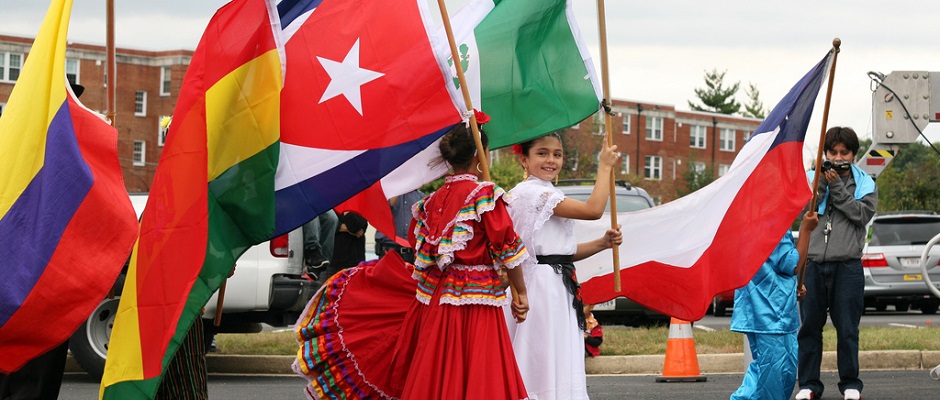
What is the impact of increasing population movements from the countryside to cities and towns on the provision of local public services? How can urban and rural local governments cope? How do they finance these services in times of urbanization? Does the merging of smaller local governments really entail efficiency gains and how do other solutions like inter-municipal cooperation fare in comparison?
These are only some of the questions that the LoGov project seeks to answer. What they all have in common is their growing urgency as a result of fundamental demographic changes that grip countries across the world. The phenomenon of urbanization sparked the emergence of metropolitan areas, on the one hand, and the depopulation of rural areas, on the other. According to World Bank data, between 1960 and 2017, the share of rural population worldwide fell from 67 to 45 per cent. The demographic challenge of urbanization brings along a wide variety of social challenges, including, for instance, ageing rural populations, and causes political challenges such as increasing disparities between local authorities in terms of their political leverage and financial resources.
These trends inevitably entail lasting changes in the interplay between urban and rural areas, which prompted us to launch the LoGov project. It is our ambition to provide solutions for local governments to address this changing interplay and to strengthen collaborative research through staff exchange between the project partners. LoGov identifies, evaluates, compares and shares innovative practices that cope with the impact of changing urban-rural relations in five major local government areas:
- Local responsibilities and public services
- Local financial arrangements
- Structure of local government
- Intergovernmental relations of local governments
- People’s participation in local decision-making
LoGov’s research on local government practices in all five of these areas benefits from the – in many respects – diverse partner institutions that join forces within the LoGov project. The consortium is led by the Institute for Comparative Federalism of Eurac Research in Bolzano, South Tyrol, Italy.
The multidisciplinary nature of the consortium, combining expertise in public law, political science, public administration and economics, enables the project to look at local government practices from multiple angles. With 18 partners from six continents, LoGov’s comparative research can draw on a wealth of different experiences and a truly global exchange of knowledge. The fact that academic partners are complemented by local government associations and consultants, facilitates the uptake of the project results by local policymakers and guarantees that the project is fine-tuned to the needs of these stakeholders. It is the researchers’ hope that the research will make lasting contributions to local government in challenging times.
At this time, country analyses on responses to urban-rural challenges have been prepared for Albania, Argentina, Australia, Austria, Canada, Croatia, Ethiopia, Germany, India, Italy, Malaysia, Moldova, Poland, South Africa, Spain and Switzerland.
The LoGov project has received funding from the European Union’s Horizon 2020 Research and Innovation Staff Exchange (MSCA-RISE) program under the Marie Skłodowska-Curie (MSCA) grant agreement No 823961. The funding support runs from 1 February 2019 to 30 September 2024.



